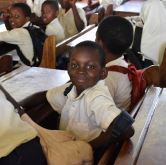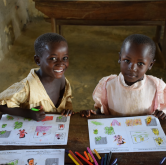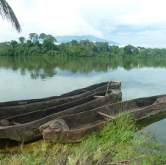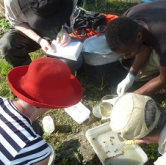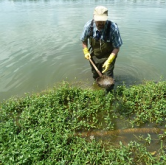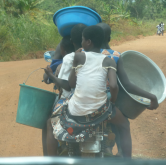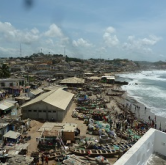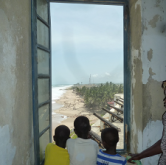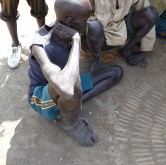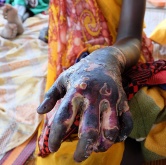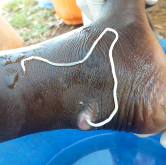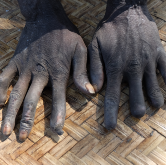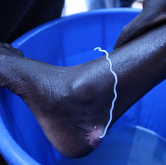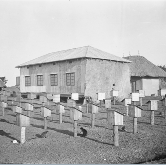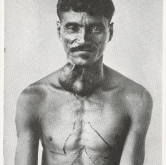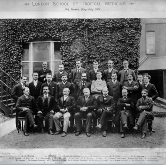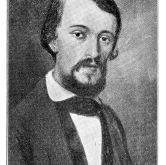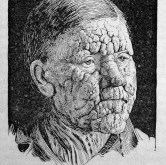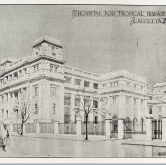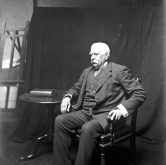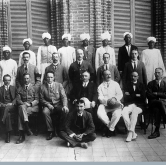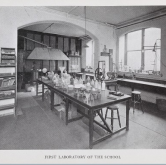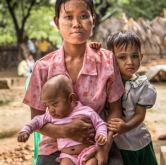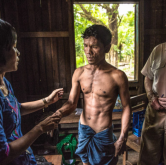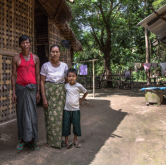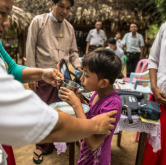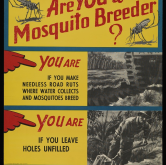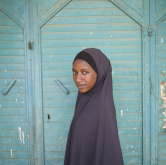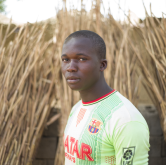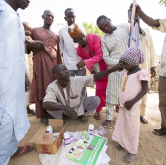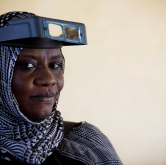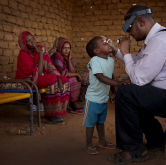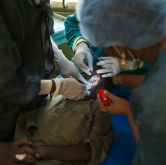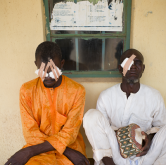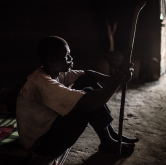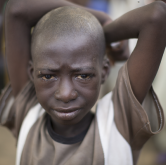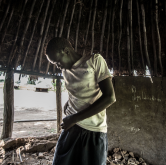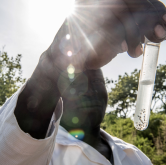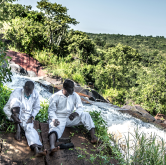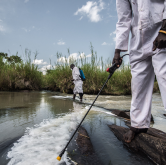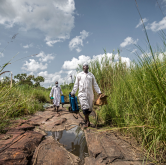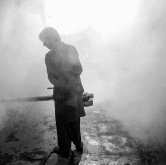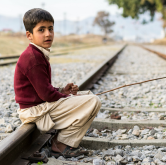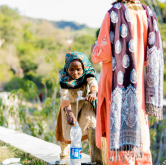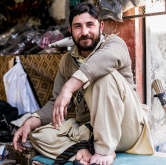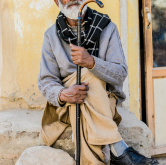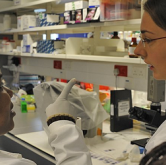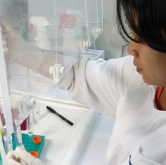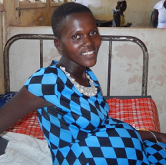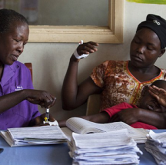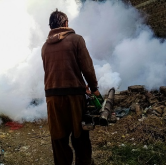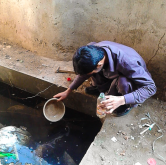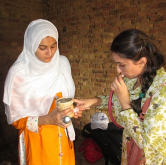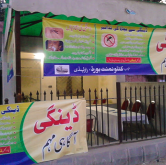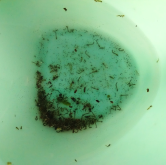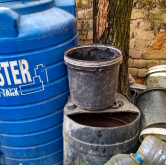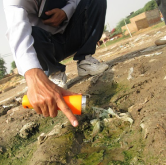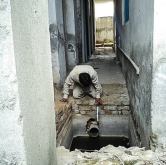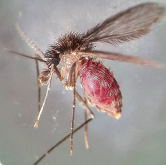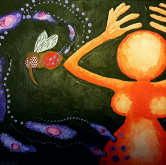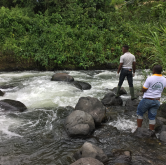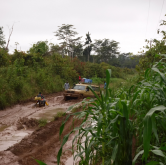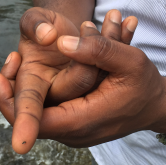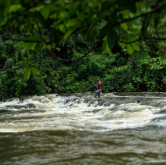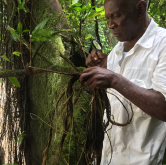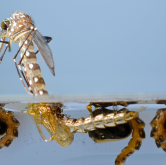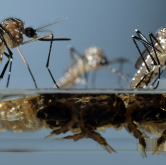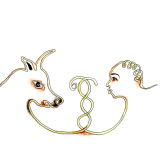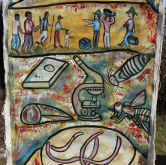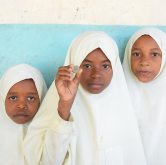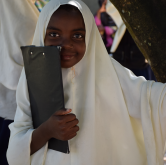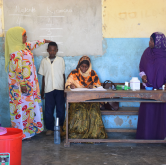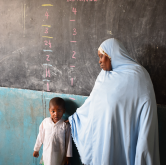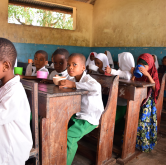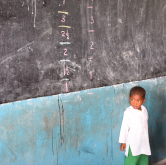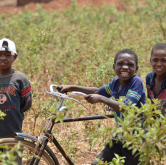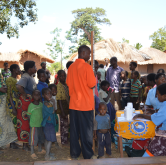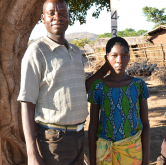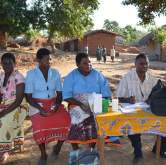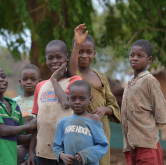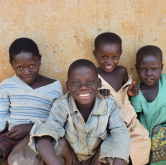ISNTD FESTIVAL
2019

SHOWCASE: PHOTO
Uzma Gull, Pakistan
I met 25-year-old Uzma Gull at the Antenatal Care Centre of Mother & Child Health (MCH) Abakhail at Kyber Pakhtunkhwa, Nowshera in Northern Pakistan. Uzma proudly showed me her bed which was outfitted with her new mosquito net. The 25-year-old mother Uzma was clearly excited to show me how she was keeping herself and her 5-month-old Adnan safe from malarial infection.
Uzma is a beneficiary of the Bed Nets Programme of the Mother & Child Health (MCH) Abakhail Kyber Pakhtunkhwa. The bed nets are important as pregnancy reduces a woman’s immunity, making pregnant women more prone to malaria infection and increases their risks of contacting diseases.
Photo by Pearl Gan
Jefrianus Elu (Central Timor)
A year ago 12-year-old Jefrianus Elu living in Central Timor noticed that much of his skin began itching quite badly. His parents sought and obtained treatment for him, but the condition worsened and spread to his younger brother and father, who now suffer much as he does. Jefrianus and his family have scabies, a parasitic mite that lives in skin. It is highly contagious in cramped living conditions and very hard to eradicate once established in a rural tropical home. They may get successfully treated but then re-infected at home.
Photo by Pearl Gan
Hasnain (Pakistan)
I met seven-year-old Hasnain at the Malaria Clinic while he was undergoing a follow-up appointment following his recovery from an acute malarial infection. Little Hasnain lives in the city of Karachi and was diagnosed with Plasmodium vivax malaria at the Indus Hospital in Pakistan.
Hasnain watches on as Dr Sadar Asif from the Malaria Unit patiently explains to the little boy’s father the need to test him for G6PD deficiency before treating him with primaquine. Dr Sadar proceeds to take the blood sample of Hasnain. The doctor tests for G6PD deficiency because this condition can lead to a serious reaction to the antimalarial drug primaquine, resulting in severe haemolytic anaemia. This routine test on all Malaria patients is a way of deterring G6PD deficiency to prevent patients from suffering from further attacks of Malaria.
Photo by Pearl Gan
Rani, Petrus & Maria (Indonesia)
Siblings Rani (7yr) , Petrus (9yr) with 14-year-old cousin Maria, live under the care of their elderly grandmother Rita in the same house. Their parents are working elsewhere in Indonesia earning a living to support their family.
Petrus has yaws. Petrus had developed skin ulcers about April this year but had not yet been treated. Grandma was not able to accompany Petrus to the clinic. Untreated yaws is contagious and may progress to severely disabling or disfiguring lesions. It is prevalent in some isolated rural areas in Indonesia although it can be treated with a single dose of a cheap oral or parenteral antibiotic.
Photo by Pearl Gan
